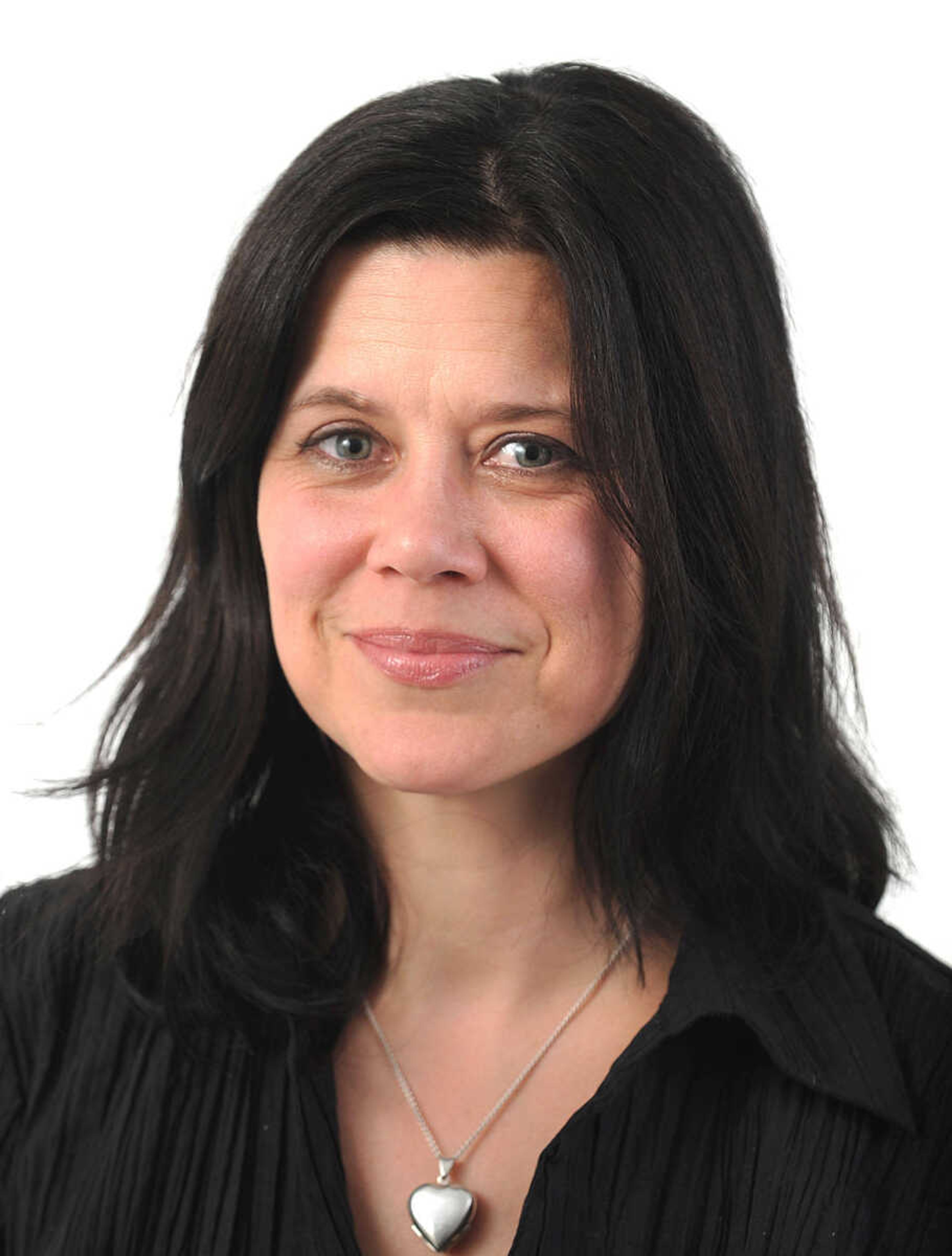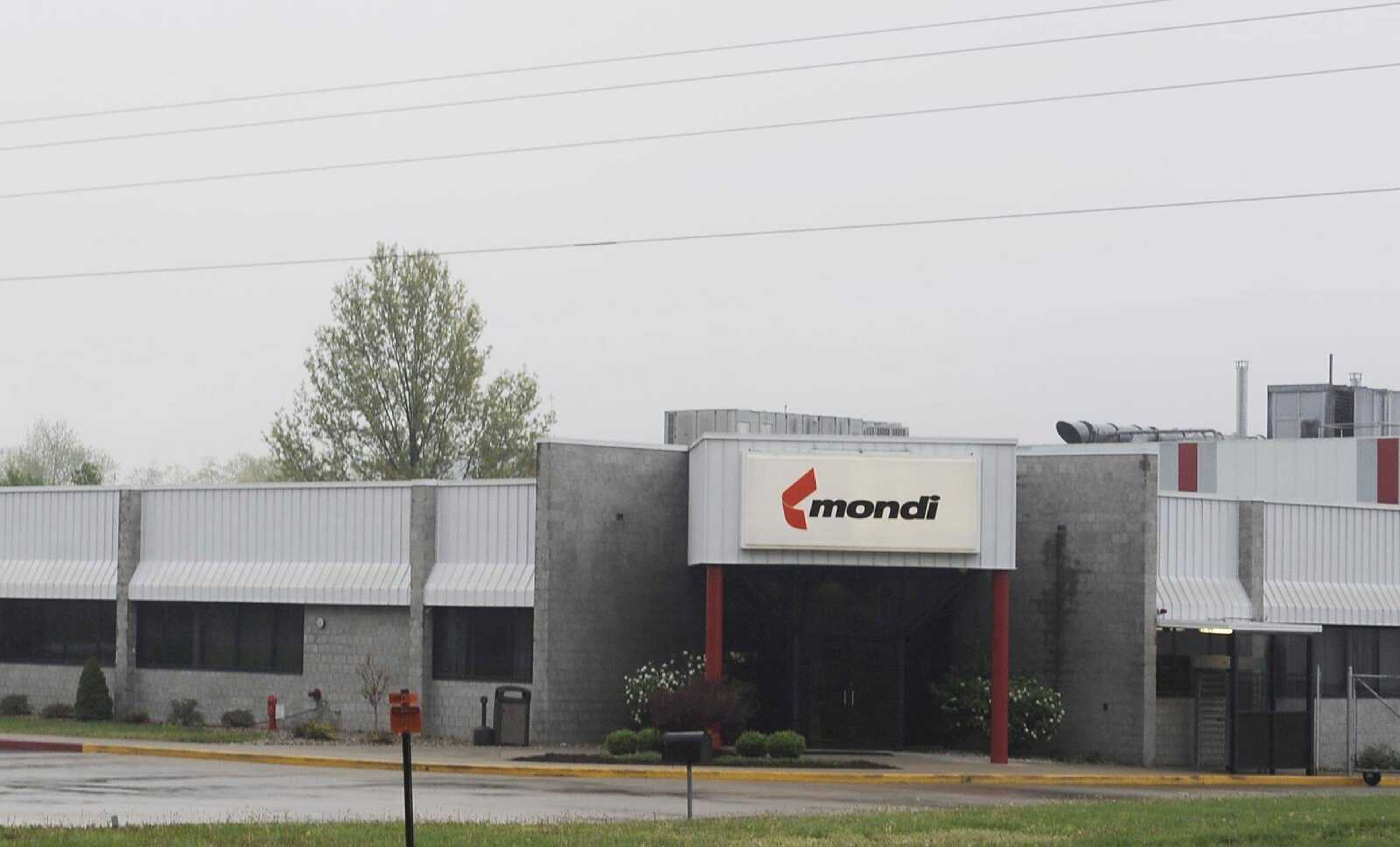Organizations work to better area economy
A complex network of economic development experts, business people and community-minded residents, funded by cities, counties, private fees and volunteerism work together to sustain and better the economy in Southeast Missouri. Efforts that began more than a century ago have grown into organizations that rely on each other and local governments to bring growth -- and, ultimately, jobs -- to the area. ...
A complex network of economic development experts, business people and community-minded residents, funded by cities, counties, private fees and volunteerism work together to sustain and better the economy in Southeast Missouri.
Efforts that began more than a century ago have grown into organizations that rely on each other and local governments to bring growth -- and, ultimately, jobs -- to the area. Each is unique in how it is funded, is accountable to the public and measures its success.
In 1888, local merchants formed the Cape Girardeau Commercial Club, which later became the Cape Girardeau Area Chamber of Commerce. The club is credited, according to the chamber website, with convincing the Frisco Railroad to open a line to the city, and with securing the city's first major employer, the International Shoe Co. of St. Louis. There are early records of efforts to collaborate with other area business organizations to address the region's needs.
"Twelve members of the Cape Girardeau Commercial Club brave the bad weather to visit the Jackson Commercial Club in the evening; among county topics discussed are agriculture and better roads," reported the Southeast Missourian in February 1913.
"Most of us in the line of work do it because we want our places to be better," said John Mehner, president and chief executive officer of the Cape Girardeau Area Chamber of Commerce. "It's hard. It's challenging. And it's extremely rewarding."
The Cape Girardeau Area Chamber of Commerce is one of the linchpins of the system. Housed at 1267 N. Mount Auburn Road are the chamber, Cape Girardeau Area Magnet and various administrative functions for the Cape Girardeau Area Community Development Corp., the Industrial Development Authority of Cape Girardeau County and the Greater Cape Girardeau Benevolent Association.
The chamber also operates the Convention and Visitors Bureau, at 400 Broadway, through a contract with the city of Cape Girardeau.
The chamber, like the Jackson Area Chamber of Commerce, is a private, not-for-profit, membership organization consisting of area businesses. The other organizations whose phone calls and mail are handled under the chamber's roof represent a variety of types and funding sources.
Magnet
Cape Girardeau Area Magnet is a not-for-profit "economic development organization that works with expanding and relocating companies that are considering a location in the greater Cape Girardeau, Missouri area," according to its website. Magnet services include preparing project proposals, coordinating community visits for industrial site-selection teams, maintaining an inventory of available buildings and industrial sites and providing information on labor force availability, taxes, energy costs, financing and job training programs.
Magnet was created in 1992 when five local entities contributed to the creation of a local economic development organization. Current yearly contributions are $66,978 by Cape Girardeau County, $66,978 by the city of Cape Girardeau, $26,791 by the city of Jackson, $6,665 by the city of Scott City and $22,468 by the Cape Girardeau Area Chamber of Commerce, which houses the Magnet offices at no cost. Board members are appointed by contributing entities. Cape Girardeau County and city each have two seats, the remaining three each has one seat.
Magnet attributes a $900,000 expansion of Spartech Corp. in 2013, a $3.5 million expansion of QC Corp., the expansion of Mondi, formerly Nordenia U.S.A., in Jackson, and the $300 million expansion of Procter & Gamble in 2012 as collaborative efforts of Magnet and other local development organizations. Together, those efforts resulted in bringing about 100 jobs to the area in just more than a year.
Under its current two-year agreement with the Cape Girardeau Area Chamber of Commerce, Magnet pays the chamber $110,000 to execute its mission and strategic plan. In March 2012, Magnet director Mitch Robinson's contract was not renewed. After a search for a replacement by a selection committee proved unsuccessful, it was decided Robinson's duties would be distributed among the chamber staff, which would include a newly hired business development specialist.
When asked how the chamber balanced commitment to the interests of its members with attracting potential competition through Magnet, Mehner said competition was part of the business landscape.
"The chamber believes in capitalism and free enterprise," Mehner said.
Blending the chamber and economic development functions is not unique to Cape Girardeau, he said, citing similar partnerships in Springfield, Mo., Joplin, Mo., St. Joseph, Mo., and St. Louis. Mehner said it was effective for chambers to take on a number of roles in economic development.
"Chambers are the organizations that work full time, are staffed full time to do these functions," he said. Using a team approach, local and regional resources can be tapped as necessary, he said. Other organizations such as Old Town Cape and resources available through the Douglas C. Greene Center for Innovation and Entrepreneurship at Southeast Missouri State University might have the necessary pieces to the puzzle.
"We put the right people in the room," said Tim Arbeiter, chamber vice president. "We each, collectively, try to find where we can move the project forward."
Collaboration
Regionally, two major resources for collaboration are the The Southeast Missouri Regional Planning and Economic Development Commission in Perryville, Mo., and the Bootheel Regional Planning Commission in Dexter, Mo. Planning commissions were created by state statute to provide "services to local governments, at their request, which will help enhance the livability and economic development base of each county and each community," according the to Southeast Missouri Regional Planning website.
David Grimes, deputy director of the planning commission in Perryville, said the commission works to assist in consultation and planning for whatever projects are brought to it. For example, the commission was consulted when Ste. Genevieve County officials became concerned about possible air quality problems that might negatively affect industry. Grimes said he didn't have previous expertise about ozone, but worked to learn about the issue and develop a successful response plan.
The commission works with entities and organizations that approach them and "do what it takes to do that deal," he said, whether that be grantwriting, transportation planning, environmental or mapping services.
Measuring success
Though they collaborate, each organization has a unique mission and is accountable in different ways to their communities.
The Convention and Visitors Bureau measures its success by increases in the 4 percent hotel/motel/B&B tax and 1 percent restaurant tax revenue that fund it -- which suggest tourism has increased -- and through evaluation of its yearly goals.
The city of Cape Girardeau reviews the bureau's budget and conducts yearly independent audits of its books. Audits are part of the oversight process of the Cape Girardeau Area Chamber of Commerce, in addition to adherence to annual business and strategic plans.
Magnet develops and follows a strategic plan that will be evaluated at the end of its current contract with the chamber. All records of the local regional planning commissions are made public on their websites and, according to Grimes, success is measured by how many jobs are brought to the area.
For those organizations that, directly or indirectly, receive taxpayer money, the rules on access to information, meetings and whether the public should have input are not always clear.
Accountability
Jean Maneke, a Kansas City, Mo., attorney who devotes much of her practice to Sunshine Law issues, said there is language in Missouri law that states any association that directly accepts appropriations from a public body may be subject to the requirement that their activities be made public. However, there have not been legal cases brought against such organizations to clarify gray areas, so requirements remain muddy, she said. Maneke said it could be argued that any expenditure of public funds creates the need for public accountability.
Much of the activities of organizations such as Magnet, even if meetings were made public, legally would be allowed to be held in closed session because they contain information about real estate and legal matters that are protected under the Sunshine law, Mehner said.
"We're dealing with the business of confidentiality," he said.
However, Mehner and Arbeiter said people can ask chamber or Magnet officials about their activities and they would answer whatever they could.
"We invite questions anyone has about anything, at any time," Mehner said.
The Jackson Area Chamber of Commerce and Jackson Industrial Development Company, which owns Jackson Industrial Park, declined to state how they measure their success, current membership information or funding.
salderman@semissourian.com
388-3646
Pertinent address:
1267 N. Mount Auburn Road, Cape Girardeau, Mo.
418 Broadway Cape Girardeau, Mo.
400 Broadway, Suite 100, Cape Girardeau, Mo.
1 W. St. Joseph St., Perryville, Mo.
105 E. North Main St., Dexter, Mo.
125 E. Main St., Jackson, Mo.
Connect with the Southeast Missourian Newsroom:
For corrections to this story or other insights for the editor, click here. To submit a letter to the editor, click here. To learn about the Southeast Missourian’s AI Policy, click here.










